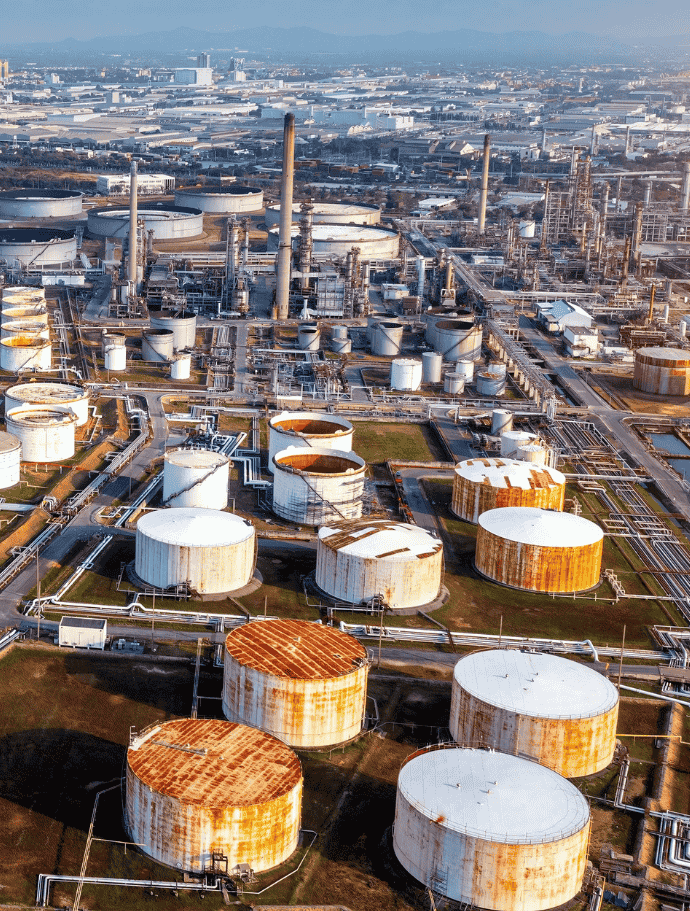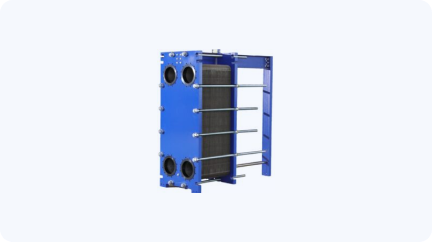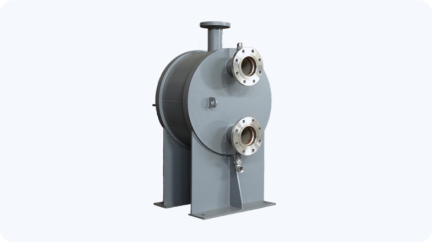In recent years, the increasing global carbon intensity has become a significant challenge, with maritime shipping accounting for nearly 3% of annual carbon-dioxide emissions. Liquefied Natural Gas (LNG) has emerged as a viable transitional marine fuel due to its economic and technological feasibility compared to other alternative fuels.
LNG is distinct from diesel fuel and other MGO because it is carried as a boiling liquid and is cryogenic at temperatures around -162°C (-259°F). This allows for easier transportation over long distances and enables a large storage capacity to be achieved in a relatively small space, as it occupies 600 times less volume in liquid form than in a gaseous state.
At HFM, we are dedicated to assisting shipping customers in achieving carbon-neutrality with the application of our LNG Heat Exchanger or Natural Gas Heat Exchanger.



